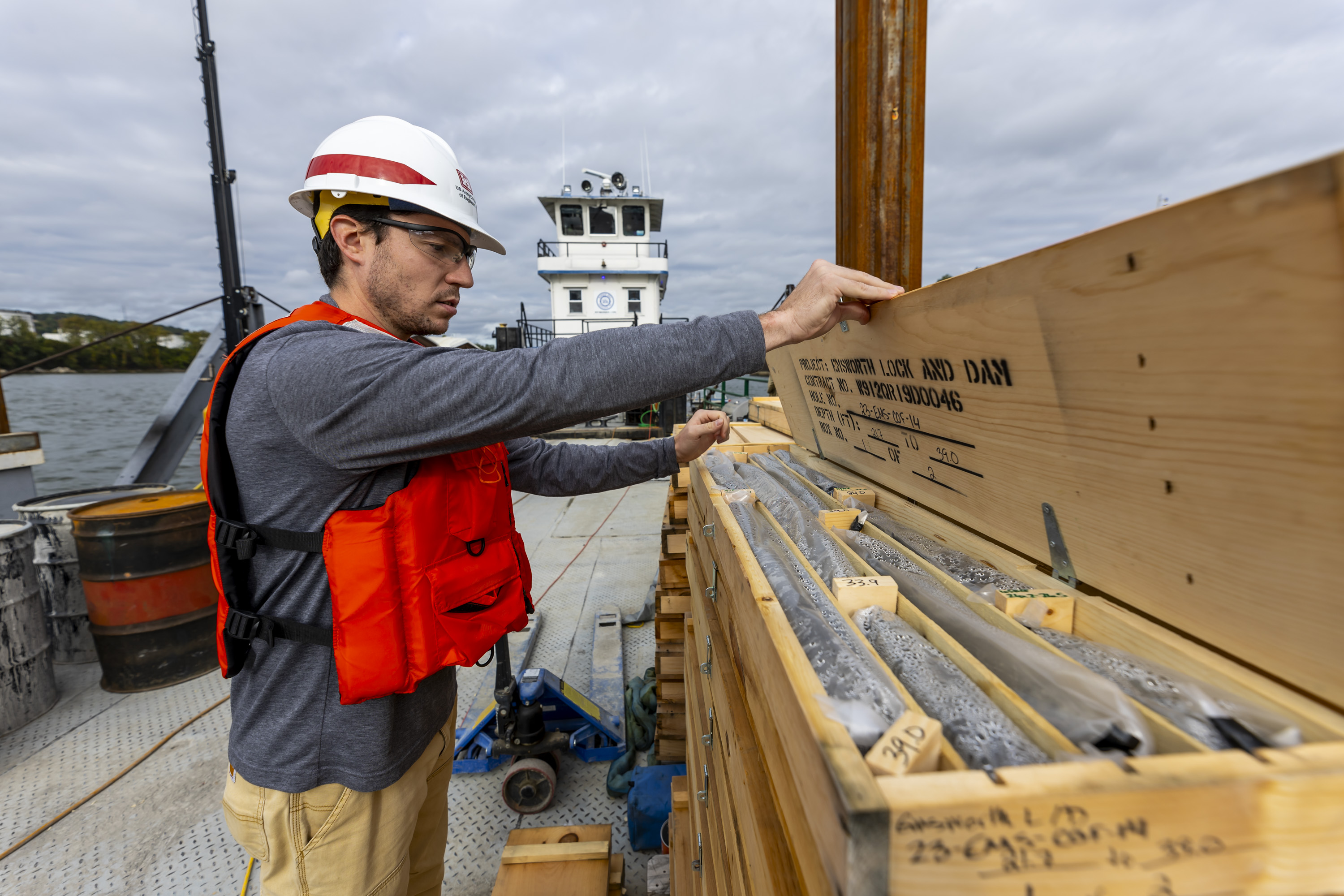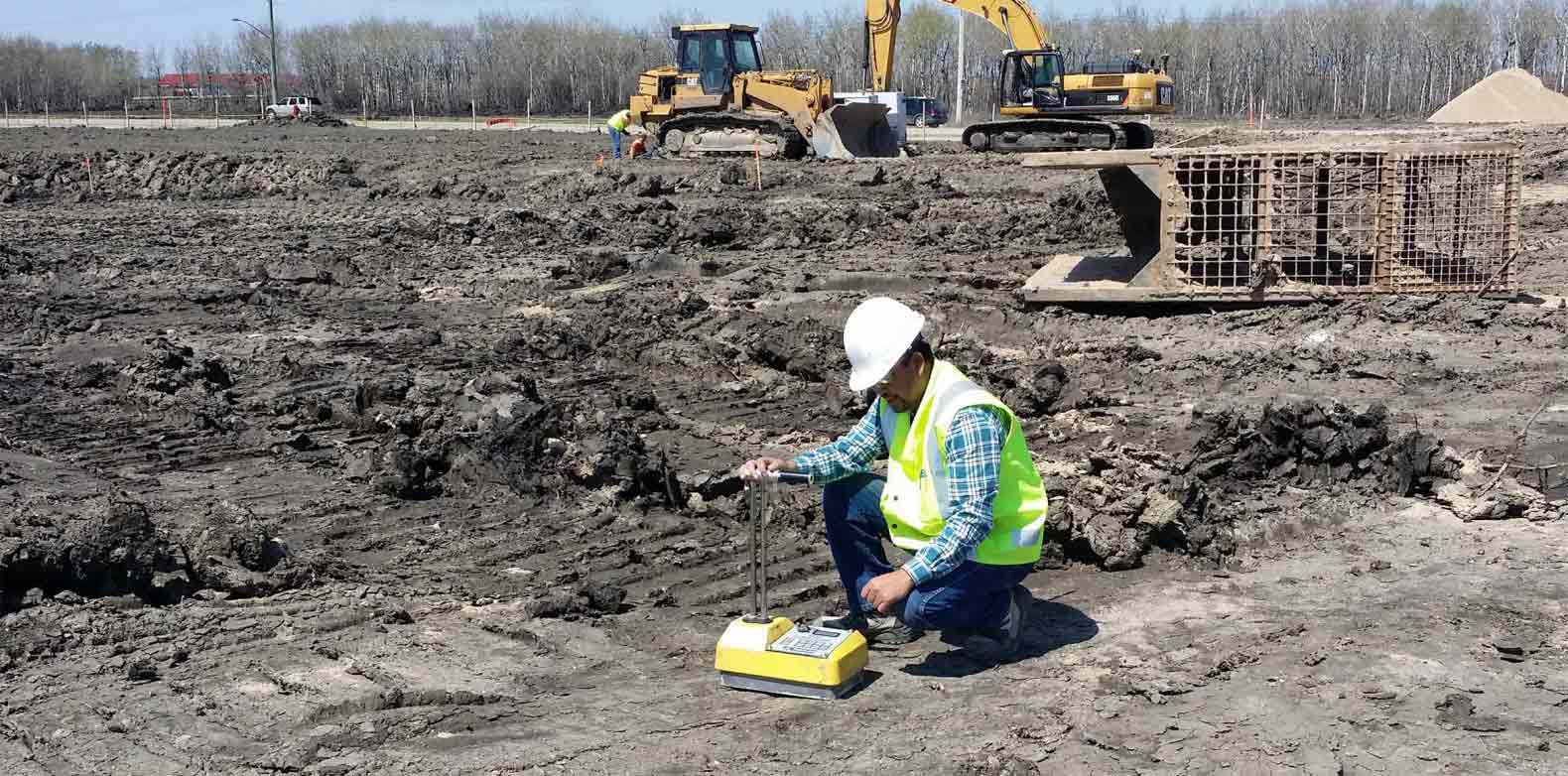Consulting Engineers: Specialized Engineering Solutions for Various Markets
Consulting Engineers: Specialized Engineering Solutions for Various Markets
Blog Article
A Detailed Summary of the Secret Services Used by Consulting Civil Engineering Professionals in Modern Construction
Consulting civil design professionals are indispensable to the success of modern building and construction projects, supplying a complex suite of services that resolve numerous difficulties. From conducting detailed website assessments and usefulness research studies to ensuring conformity with rigorous regulative frameworks, these specialists lay the foundation for safe and sustainable growth. Their proficiency includes structural layout and task administration, which are critical for accomplishing cost-efficient and timely results. As the complexity of construction tasks continues to evolve, understanding the complete range of services they provide comes to be increasingly crucial for stakeholders. What ramifications does this have for the future of construction techniques?
Website Evaluation and Feasibility Researches
When embarking on any building project, understanding the website's characteristics is important, as it directly affects the feasibility and layout of the growth. Site assessment and expediency research studies are necessary parts of the pre-construction phase, enabling stakeholders to make informed choices. These studies include an extensive examination of the physical, environmental, and regulatory facets of the website.

Feasibility studies expand beyond the physical features, incorporating social and economic considerations. This includes price price quotes, prospective roi, and neighborhood effect analyses. By integrating these aspects, civil design specialists can provide a holistic sight of the site's stability for the desired growth. Ultimately, thorough website analyses and expediency research studies lay the groundwork for effective project execution, optimizing and decreasing threats resource allocation.
Structural Design and Evaluation
Adhering to a comprehensive website assessment and feasibility research study, the following critical phase in the construction procedure is architectural layout and evaluation. This important service involves the advancement of structural systems that ensure the safety, toughness, and economic feasibility of a job. Consulting civil designers utilize innovative approaches and software program to review lots, stress and anxieties, and material buildings, making certain that layouts conform with relevant codes and criteria.
Architectural design includes different components, including beams, columns, structures, and load-bearing walls. By applying principles of technicians and product science, designers create structures that can withstand ecological forces such as wind, seismic task, and snow tons. The evaluation phase includes meticulous computations to forecast the habits of these frameworks under numerous conditions, ensuring they can carry out as intended throughout their life expectancy.
Moreover, consulting engineers team up closely with engineers and other stakeholders to incorporate structural elements aesthetically and functionally. The deliverables typically include detailed illustrations, specs, and comprehensive records that facilitate the construction process. Eventually, effective architectural style and evaluation are pivotal in lessening threats, enhancing sources, and achieving effective project end results in modern-day building.
Task Monitoring and Control
Reliable task administration and control are essential parts of successful civil design services, ensuring that construction projects are delivered promptly, within budget, and to the called for high quality criteria. Consulting civil engineers play an important duty in get more orchestrating various job components, from preliminary planning through to project conclusion. This entails not only the technical elements of design and construction but additionally the strategic administration of sources, timelines, and stakeholders.

In addition, civil design professionals emphasize the importance of paperwork and reporting throughout the this link project lifecycle - geotechnical engineering in south africa. By keeping precise records, they ensure openness and responsibility, which promotes trust fund among all parties entailed. Inevitably, proficient task administration and coordination cause boosted job outcomes, aligning with customer assumptions and adding to the overall success of the building venture
Regulatory Conformity and Permitting
Effective job monitoring prepares for resolving regulatory compliance and permitting needs in civil design jobs. Ensuring adherence to regional, state, and government policies is crucial for the successful implementation and completion of any building and construction endeavor. Consulting civil design professionals play a crucial role in navigating the complicated landscape of regulative structures and allowing processes.
These specialists are fluent in zoning laws, developing codes, ecological regulations, and safety and security standards that control building methods. They perform complete assessments to recognize all applicable laws, ensuring that tasks abide by necessary legal demands. By teaming up with governmental firms and stakeholders, getting in touch with designers facilitate the allowing process, simplifying authorizations and reducing hold-ups.
In addition, they prepare and send the requisite paperwork, such as site strategies, environmental influence evaluations, and engineering records. This positive strategy not just cultivates conformity however likewise boosts job usefulness and sustainability. Ultimately, effective regulatory conformity and allowing are essential parts of a successful civil design job, guarding both the environment and public well-being while contributing to the total honesty and success go to this web-site of building initiatives.
Sustainable Design Practices
Lasting layout techniques are increasingly acknowledged as necessary parts in civil engineering, with an emphasis on reducing ecological impact while maximizing source effectiveness. These techniques encompass a variety of methods intended at advertising eco-friendly equilibrium and decreasing the carbon footprint of building and construction jobs.
One secret aspect of sustainable layout is the integration of sustainable power sources, such as solar and wind, right into building layouts. This not only reduces reliance on nonrenewable fuel sources however also boosts lasting cost financial savings. Additionally, using lasting products, consisting of quickly renewable or recycled sources, plays a substantial role in reducing waste and preserving natural deposits.
Water administration strategies, such as rainwater harvesting and effective irrigation systems, are likewise essential in lasting design. These methods help in reducing water intake and protecting local water environments. Additionally, ecologically sensitive site preparation guarantees marginal disturbance to the natural landscape and promotes biodiversity.
Consulting civil design professionals contribute in executing these sustainable style methods. Their expertise enables the implementation of ingenious services that line up with both regulatory requirements and customer goals, eventually adding to a more sustainable constructed setting.
Conclusion
In recap, seeking advice from civil engineering professionals give important solutions that underpin the success of contemporary building and construction projects. With thorough site evaluations, cutting-edge architectural design, effective task monitoring, adherence to governing criteria, and the implementation of sustainable practices, these specialists add to the development of risk-free, reliable, and environmentally accountable advancements. The combination of these key solutions not only improves project outcomes however additionally promotes a sustainable future in the building and construction sector.
Efficient project management and coordination are crucial elements of successful civil design services, making sure that building and construction jobs are delivered on time, within spending plan, and to the needed quality standards. Consulting civil designers play a critical role in orchestrating different project aspects, from preliminary planning with to project completion. Ultimately, competent task monitoring and coordination lead to improved project end results, straightening with client assumptions and contributing to the overall success of the building and construction venture.

Report this page